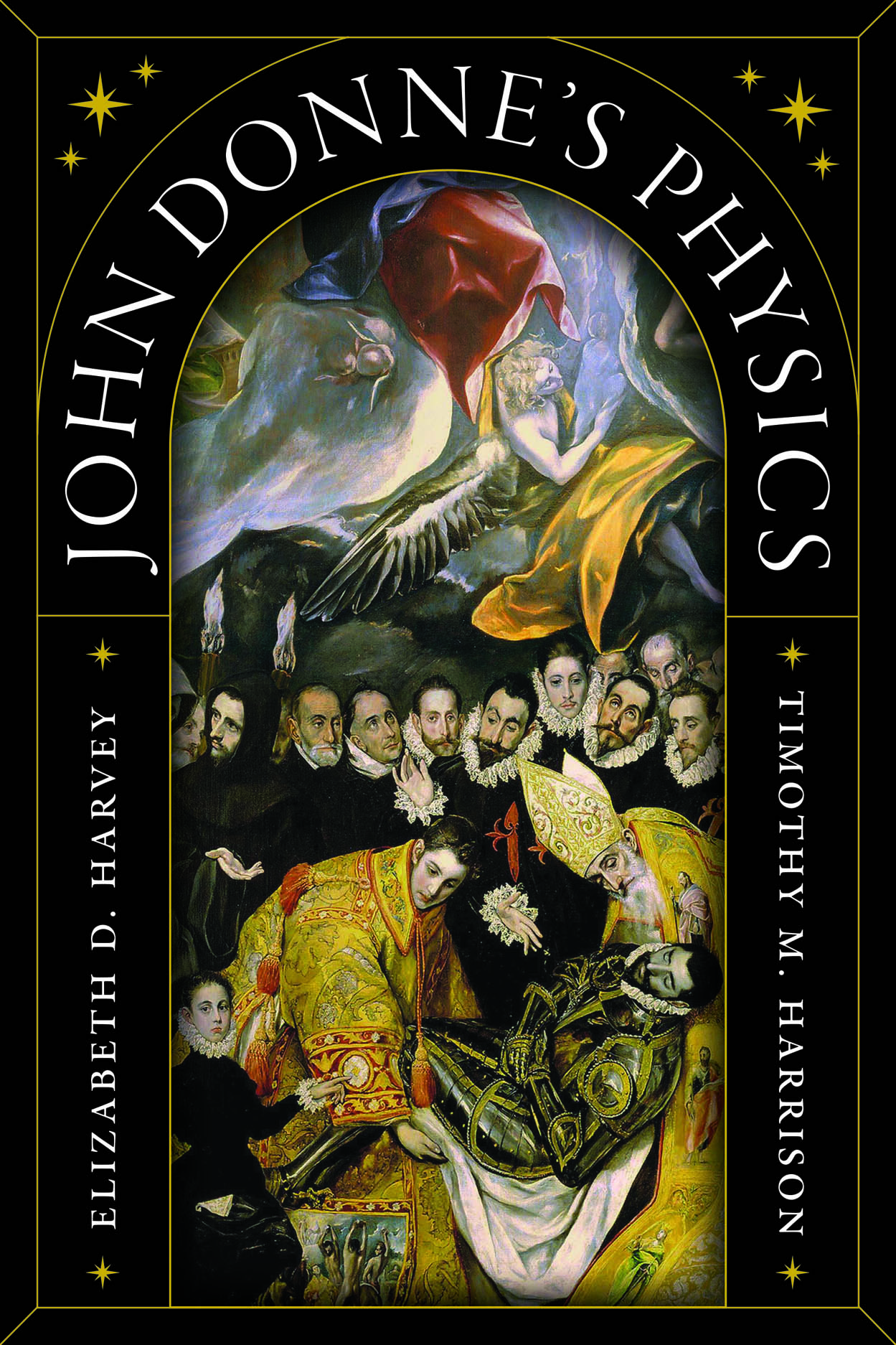Negation and Anthropology in John Milton's Paradise Lost
When and Where
Description
In Paradise Lost, Milton represents a form of human life that is not yet organized by death or the need for self-preservation. Still unfallen, Eve articulates two of its features when she claims that she is “not capable of death or pain.” Why does Milton frame the plenitude, sufficiency, and integrity of paradisal existence by way of incapacities? In this talk, Harrison argues that the connection Milton makes between human life and the language of negation—prefixes like non-, in-, un-, and dis-, negative particles like not—stems both from his training in logic and from his understanding of human rationality.
Timothy M. Harrison is associate professor in the Department of English Language and Literature and the John U. Nef Committee on Social Thought at the University of Chicago. He is the author of Coming To: Consciousness and Natality in Early Modern England, also published by the University of Chicago Press. He is now working on two book projects: Horizons of the Mind: Self and World in Early Modern Persian and English Poetry and The Anthropology of John Milton.

Sponsors
- Centre for Renaissance and Reformation Studies


